Das Olympische Bildungsmagazin
The IOC, the 2016 bidding race and the question of a secrect, democratic election
- Jens Weinreich
- 13. August 2009
- 11:59
- 11 Kommentare
The major Olympic decision this year is the election of the Host City of the Games of the XXXI Olympiad in 2016 on the 2nd October in Copenhagen. This is the climax of a tough two-year-long worldwide competition. The bidding cities, and the finalists Chicago, Madrid, Rio de Janeiro and Tokyo, have spent hundreds of millions of US-dollars over the years. And they have planned billions of dollars for their Olympic projects. The final day of the race at the 121st IOC Session in Copenhagen is going to attract extraordinary worldwide attention. Head of states and government ministers from all four bidding countries are expected in Copenhagen.
All bidders expect a truly free, transparent and democratic election system. It is up to the International Olympic Committee, which was described as the „least accountable global organisation“ in the 2008 Global Accountability Report, to provide such an election system.
Several IOC members, talking to me under the condition of anonymity, have raised questions about the election system. They have criticized the so called Electronic Voting System (EVS) which was introduced by the IOC at the 111th Session in 2000 in Sydney.
The principal reason for its introduction was to save time. A manual round of voting and then counting of ballots took at least 30 minutes. Thus in a vote for the election of a Host City with 5 finalists, you could have up to 4 rounds of vote, thus over 2 hours of time.
… says the IOC Press Office.
But, where is the problem? Is it inappropriate to spend „two hours of time“ in a democratic election after an extensive and expensive worldwide competition?
I understand that there has been no official demand by IOC members so far to change the voting system in Copenhagen. But there has always been a discussion.
Do official IOC documents provide sufficient information about important Host City elections and give clear guidance?
Rule 34.3.2 of the Olympic Charter only states:
The election of the host city takes place after the Session has considered the report by the Evaluation Commission.
In its „2016 Candidature Procedure and Questionnaire“ the IOC administration declares:
1.1.12 Election of the Host City of the Games of the XXXI Olympiad in 2016
The IOC members vote in secret ballot. The ballot will have as many rounds as necessary in order for one city to gain a majority of votes. After each round of voting, the city with the least number of votes is eliminated.
But what exactly is a secret ballot?
There seems to be a lack of definition in the Olympic Charter.
The two main questions are:
- Is the Electronic Voting System (EVS) to be considered as a „secret ballot“?
- Is the EVS to be considered as a democratic election?
Within the European Union, and Denmark is part of the EU, it is being debated whether electronic voting systems are generally democratic or not.
With respect to the Electronic Voting System there is another irritating point:
The IOC doesn’t make any difference between procedural decisions and important elections. The Press Office declares:
We use the same EVS system for all electronic votes. Of course some votes are taken by a show of hands
In comparison to the IOC practice the Fédération Internationale de Football Association (FIFA) prefers a fundamentally different approach. Nicolas Maingot, Head of FIFA’s Media Department explains:
First and foremost, it is essential to make the difference between decisions and elections. FIFA uses the Electronic Voting System for decisions, not for elections.
FIFA has established the EVS at its 55th Congress 2005 in Marrakech. „The EVS proved to be an efficient, reliable and tamper-proof tool to faster and easier conduct a voting at the FIFA Congress“, says Mr Maingot and repeats:
The EVS is only a voting and not an election system. Elections are still conducted with traditional polling booths. Except for the cases when the FIFA President is elected by acclamation as decided by the 57th FIFA Congress in 2007.
What about the results of electronic elections?
„The results are archived at the IOC and stored indefinitely“, informs the IOC Press Department. „Nobody“ is allowed to see the voting results by name (by IOC member), says the statement:
It is a secret ballot. With the system, it is impossible to know what each member voted for.
There is only one difference:
With respect to the vote on the inclusion of Sports in the Olympic programme a notary is involved with respect to the sealing and maintaining of the votes.
In comparison, FIFA describes its storage system as follows:
Regarding EVS, the results are being stored in a safe within the Home of FIFA for the duration of usually ten years. Regarding elections, the ballot papers are kept by the notary public. He/she notarises the correct process of the election and keeps the relevant papers with him/her.
To the question how many FIFA officials are allowed to see the voting results by name, Mr. Maingot replies:
In principle, all delegates are allowed to look at the detailed result if they wish to. This applies only to polls, not to elections which are secret.
The IOC administration says:
The IOC is fully satisfied with the current situation. Note that we always have as a backup the manual voting system if the EVS was to fail or if sufficient members were to request for a manual vote.
I understand that it is up to the IOC members to request a secret ballot with traditional polling booths at the Copenhagen Session.
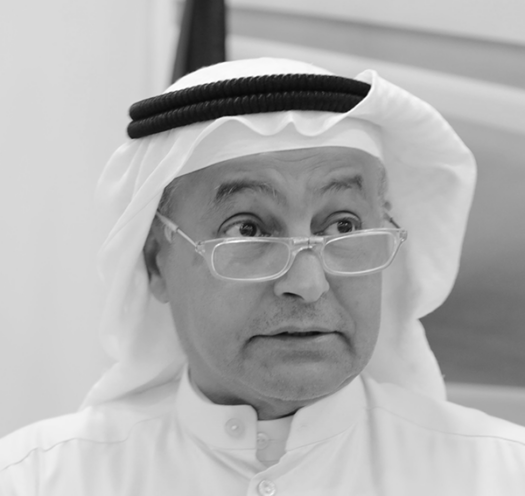


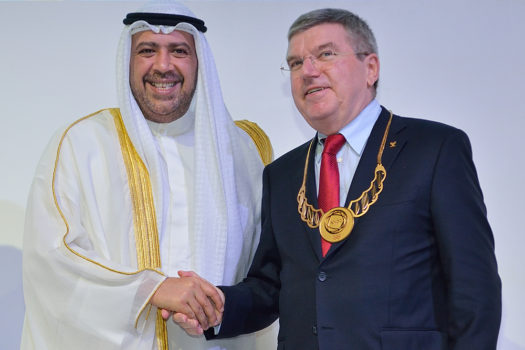
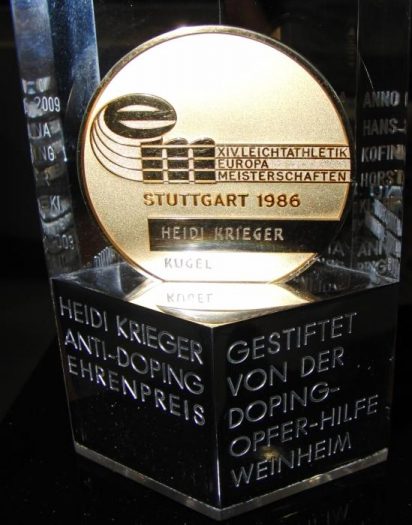
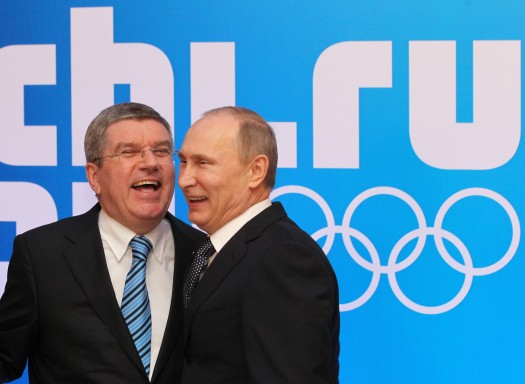
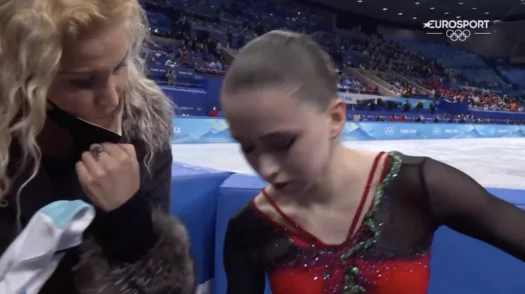
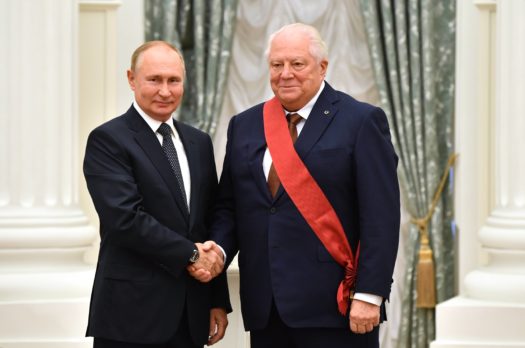
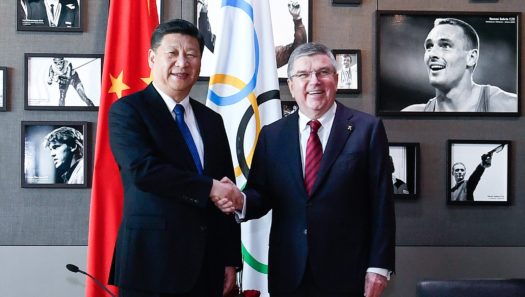
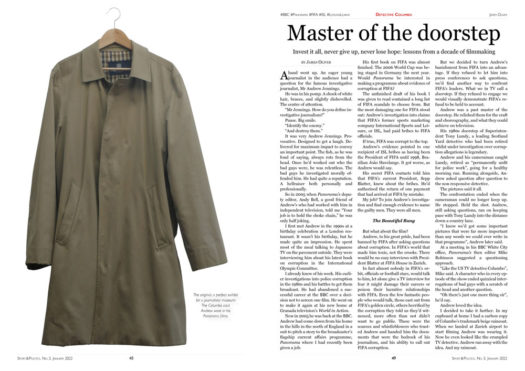
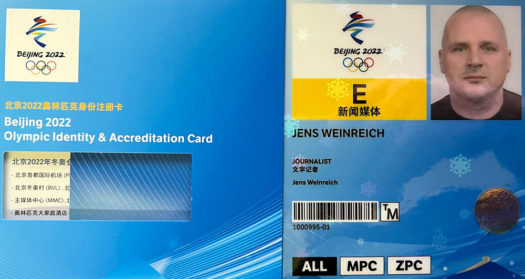
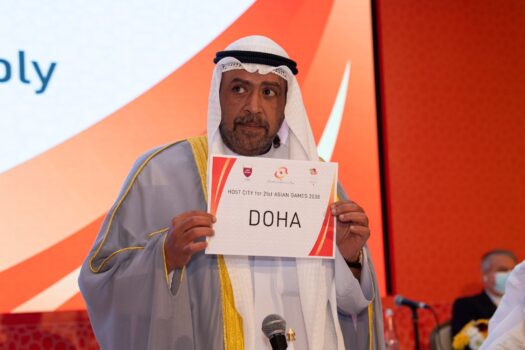
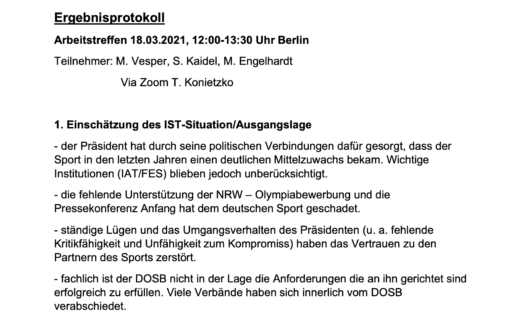
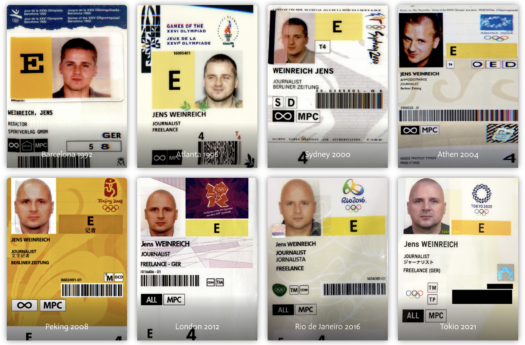

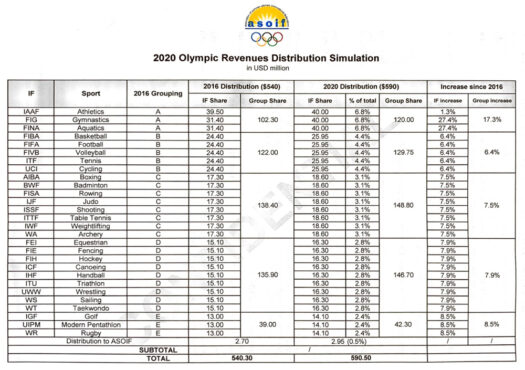
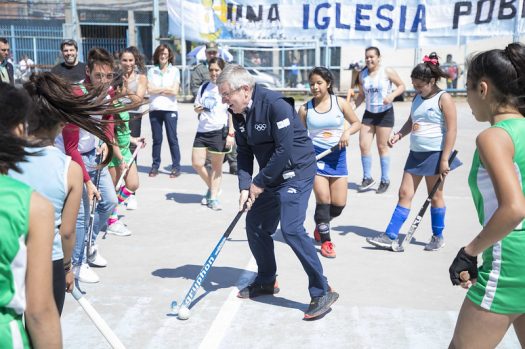
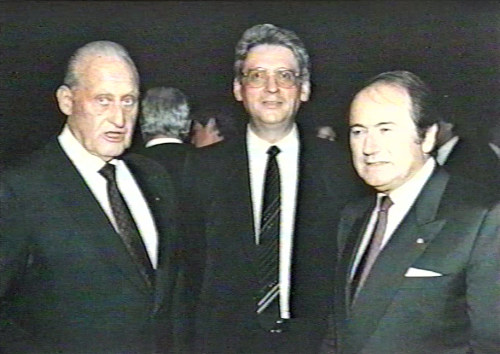
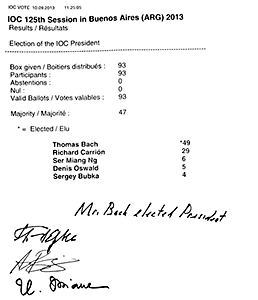

Pingback: Jens Weinreich
@jw: Can you be found in news.google.com, US-Part? ;-)
Tokyo, for example, does not care about this. Not only 70 percent supports this huge city
http://www.sportbusiness.com/news/170191/tokyo-2016-revels-in-increased-support
even the Japanese comic strip football superhero Captain Tsubasa likes to support Tokyo.
http://www.google.com/hostednews/afp/article/ALeqM5iXAvf9wCXqXh98HyE_u9fc9_yO6g
Great, isn’t it?
Pingback: Wahlrecht.de
Pingback: irina and tamara press – 海�?女
Pingback: irina and tamara press | sodini video
Pingback: “Law & Order” Olympia 2016: Rio vs. Chicago vs. Madrid vs. Tokio : jens weinreich
Pingback: Olympia 2016: die Abstimmung des IOC : jens weinreich
Pingback: Verwarnung für Pyeongchang: “IOC rules on potential conflict of interests” : jens weinreich
Pingback: AFC-Wahlschlacht in Doha oder: “The future is Asia” : jens weinreich
Pingback: Offene Fragen zur merkwürdigen IOC-Wahl von Peking 2022 #EVS #DetNorskeVeritas #Samsung • Sport and Politics
Pingback: Olympia 2016: Rio gewinnt, Ohrfeige für Obama • Sport and Politics